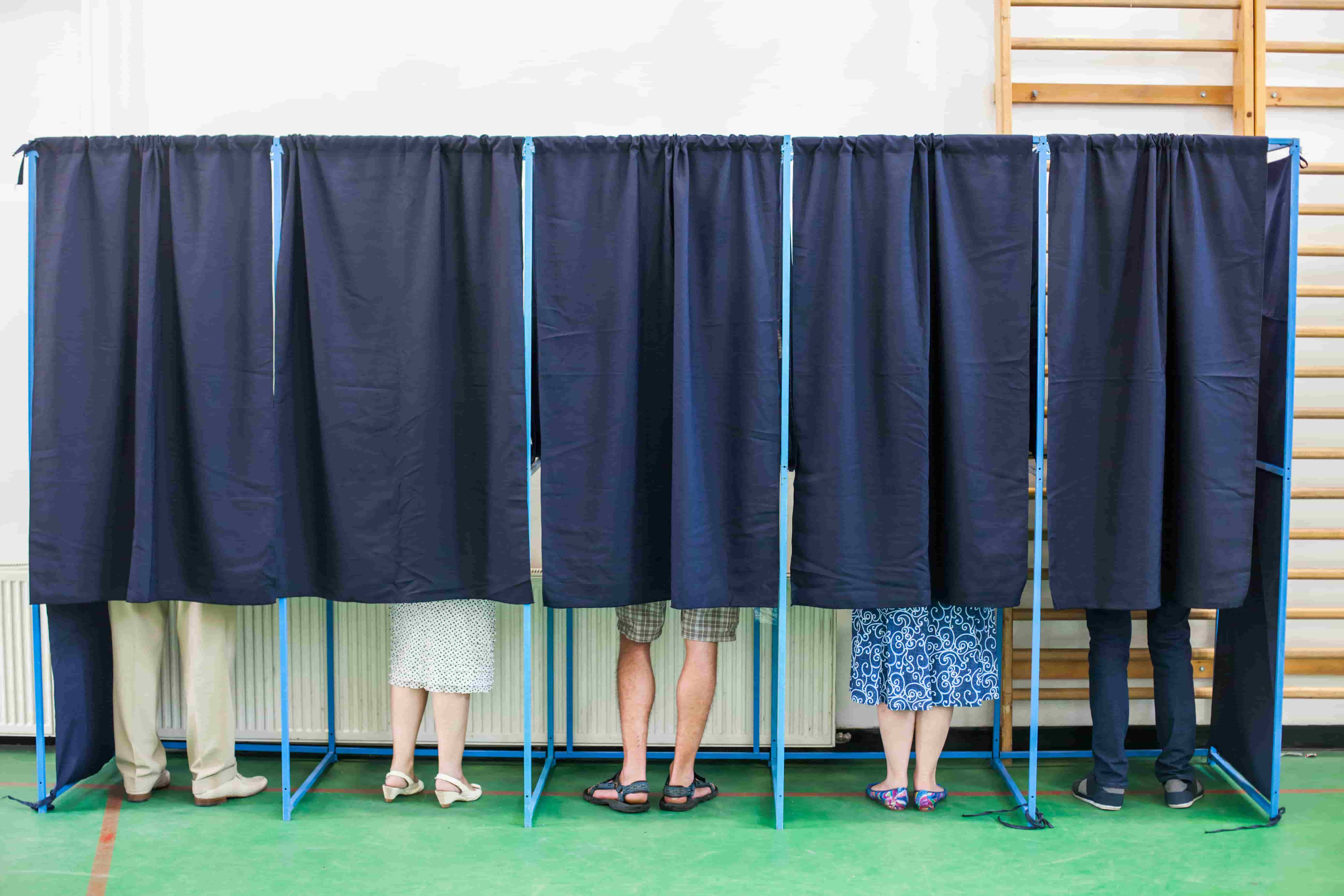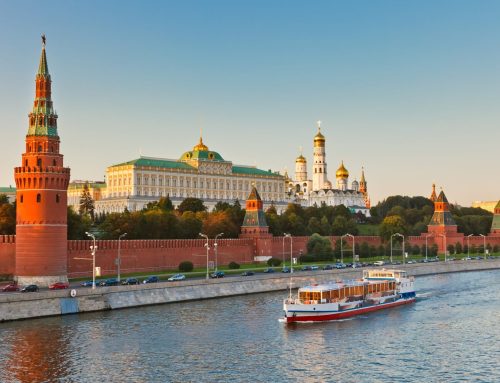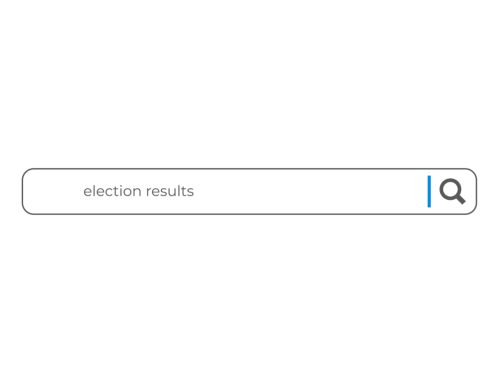The European Union fears that foreign interference could mar the European Parliament elections in May 2019, but leaders have thus far failed to address a major vulnerability, namely that foreign money can flow unimpeded into campaigns in a number of member states. Unlike the United States, which bans foreign contributions in elections, the EU does not have clear and consistent restrictions on foreign funding, and campaign finance regulations remain primarily the purview of individual member state governments. It is incumbent on member states and Brussels to take action to address this critical vulnerability to foreign interference by Russia and others in European elections.
Within the EU, 13 countries, fewer than half of member states, have full bans on foreign donations to political parties. 11 have some restrictions on foreign funding — such as only allowing limited donations from foreign individuals (up to a limit of 1,000 euros from foreign nationals in Germany or 2,500 euros in Austria), or permitting donations from like-minded foreign political parties (Slovakia and Finland). Four member states — Belgium, Denmark, Italy, and the Netherlands — have no restrictions on foreign funding to political parties.
EU Member State Policies on Foreign Donations to Political Parties1
| Full Ban on Foreign Donations | Partial Restrictions | No Restrictions |
|---|---|---|
|
Croatia |
Austria | Belgium |
|
Cyprus |
Bulgaria | Denmark |
|
Czech Republic |
Estonia | Italy |
|
Greece |
Finland | Netherlands |
|
Hungary |
France | |
|
Ireland |
Germany | |
|
Luxemburg |
Latvia | |
|
Poland |
Lithuania | |
|
Portugal |
Malta | |
|
Romania |
Slovakia | |
|
Slovenia |
Spain | |
|
Sweden |
||
|
U.K. |
Deep vulnerabilities in political financing can be found even in countries with the strongest traditions of democracy and transparency, and watchdog groups have taken notice. Denmark, for example, has been under pressure from the Council of Europe’s Group of States against Corruption (GRECO) to undertake reforms in its party financing since 2010. Other countries have become more vulnerable only recently. Italy decided to phase out public funding for political parties between 2014 and 2017. But while private funding is now governed by strict rules on donations, there are no specific regulations on foreign funding. In Germany, public funding for campaigns depends on a party raising half of its funding through donations. Yet, requiring national parties to fundraise can increase their vulnerability to foreign interference. Foreign actors could exploit this pressure to raise funds, even if contributions to parties are limited to 1,000 euros from non-German individuals.
One solution to delineating who and what is an unwelcome actor could come from looking at U.S. regulations. Although campaign finance regulations are a politically contentious issue in the United States, the definitions of what kinds of foreign actors are to be excluded are very clear: “Foreign citizens, governments, political parties, corporations, associations, partnerships, and any other foreign principal” are excluded from contributing to political campaigns.
Member states and European institutions should cooperate to create clear and consistent guidelines for eliminating non-EU contributions to political parties and elections campaigns. Such precision on defining unwelcome actors would significantly strengthen Europe’s stance against foreign interference in its elections and political system more broadly. This is essential as European parties do not simply derive their funding from the EU, but also rely on national parties and other sources like individual donations.
Brussels cannot undertake these changes on its own. European elections are largely governed by national laws and regulations — even the date of the election and basic eligibility criteria for candidates vary by country. And while the EU budget supports European political parties, EU funding accounts for a small portion of campaign funds spent for the elections. For example, in the 2014 European Parliament elections, the European People’s Party won the most seats and spent just under 1.75 million euros on the election campaign. In that same year, the national political parties of Latvia, a small member state, spent more than 2 million euros on the election campaign. This disparity in funding causes European parties to seek funds from national parties, increasing their susceptibility to foreign interference.
What the EU can do is increase its oversight over the donations received by European political parties and reduce the need for the parties to seek external funding. The March 2018 rules for European political parties that reduce their fundraising burdens are a step in the right direction. Moreover, with the European Parliament elections rapidly approaching, the pan-European political parties that are in the European Parliament can encourage their national member parties to pledge publicly not to accept funding from non-EU sources.
Adopting such measures would help to address a critical vulnerability affecting the integrity of European elections, and would increase transparency on foreign attempts to influence elections across Europe.
The views expressed in GMF publications and commentary are the views of the author alone.
- DICE Database (2015), “Financing of political parties: Bans and limits on donations to political parties, 2014 “, ifo Institute, Munich, http://www.cesifo-group.de/DICE/fb/4XvSY2zrM
M. van Klingeren, M. Orozco, J. van Spanje,, C. de Vreese (2015), “Party Financing and Referendum Campaigns in EU Member States,” A Study for the AFCO Committee. European Parliament, http://www.europarl.europa.eu/RegData/etudes/STUD/2015/519217/IPOL_STU(2015)519217_EN.pdf
OSCE Office for Democratic Institutions and Human Rights, “Estonia Parliamentary Elections, 1 May 2015, OSCE/ODIHR Needs Assessment Mission Report, 19-21 January 2015,” OSCE, https://www.osce.org/odihr/elections/estonia/139566?download=true
OSCE Office for Democratic Institutions and Human Rights, “Republic of France Presidential Election, 23 April and 7 May 2017, OSCE/ODIHR Election Expert Team, Final Report” OSCE, https://www.osce.org/odihr/elections/france/337346?download=true
Sustainable Governance Indicators (2017), “Croatia,” http://www.sgi-network.org/2017/Croatia/Quality_of_Democracy
Transparency International (2012), “Report: Party and Campaign Financing Regulations in Estonia,” http://www.transparency.ee/cm/files/political_parties_financing_in_estonia_1.pdf





